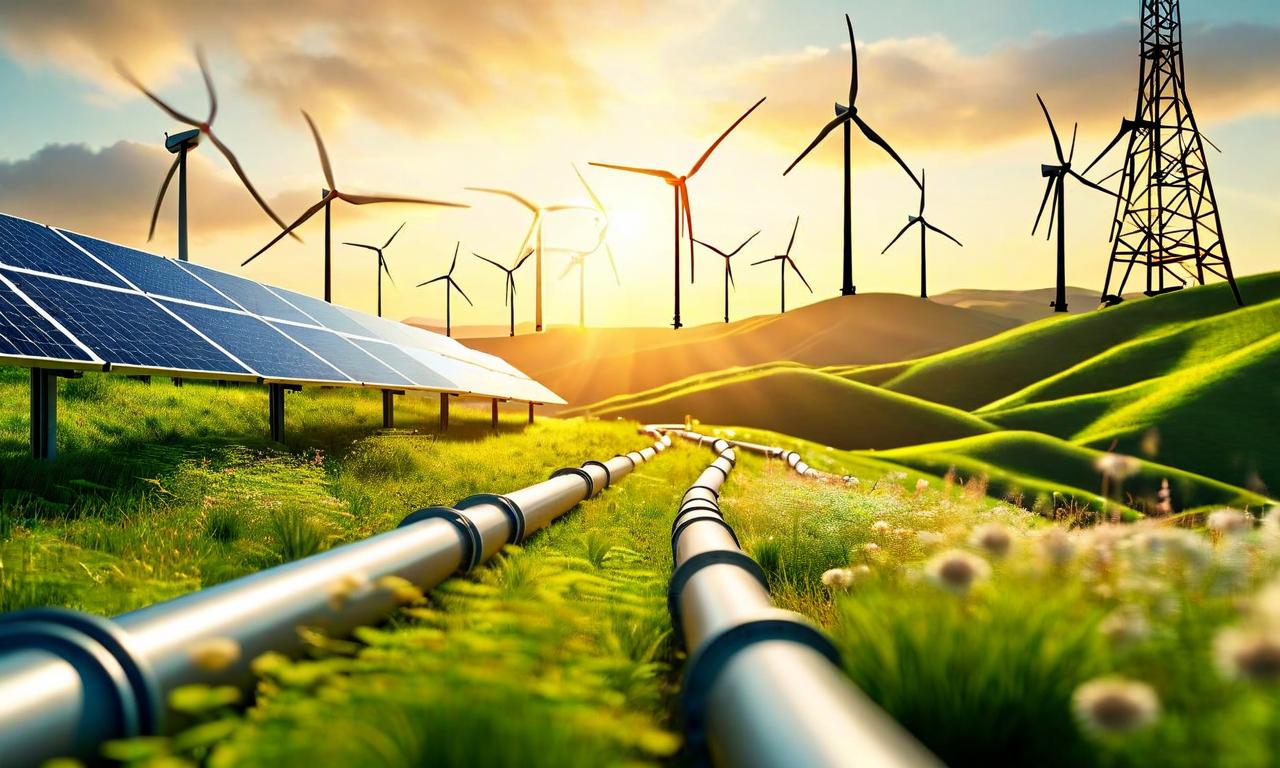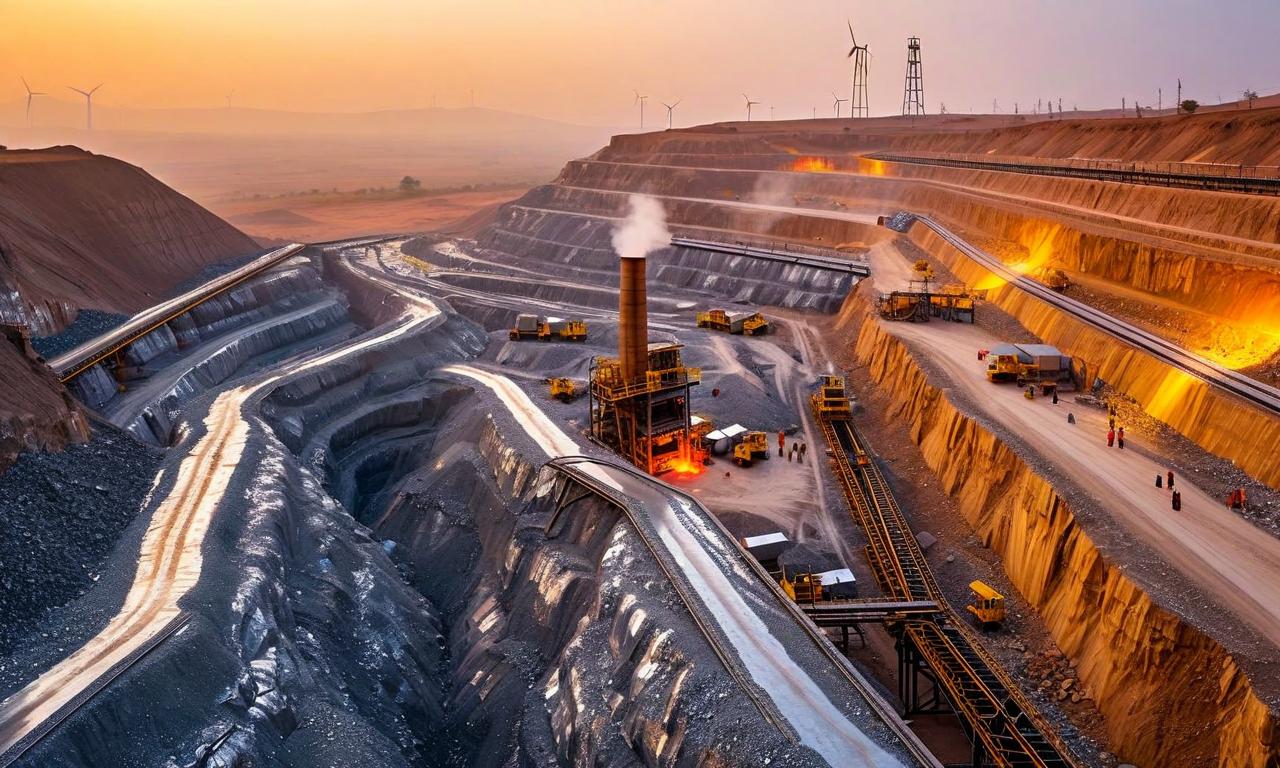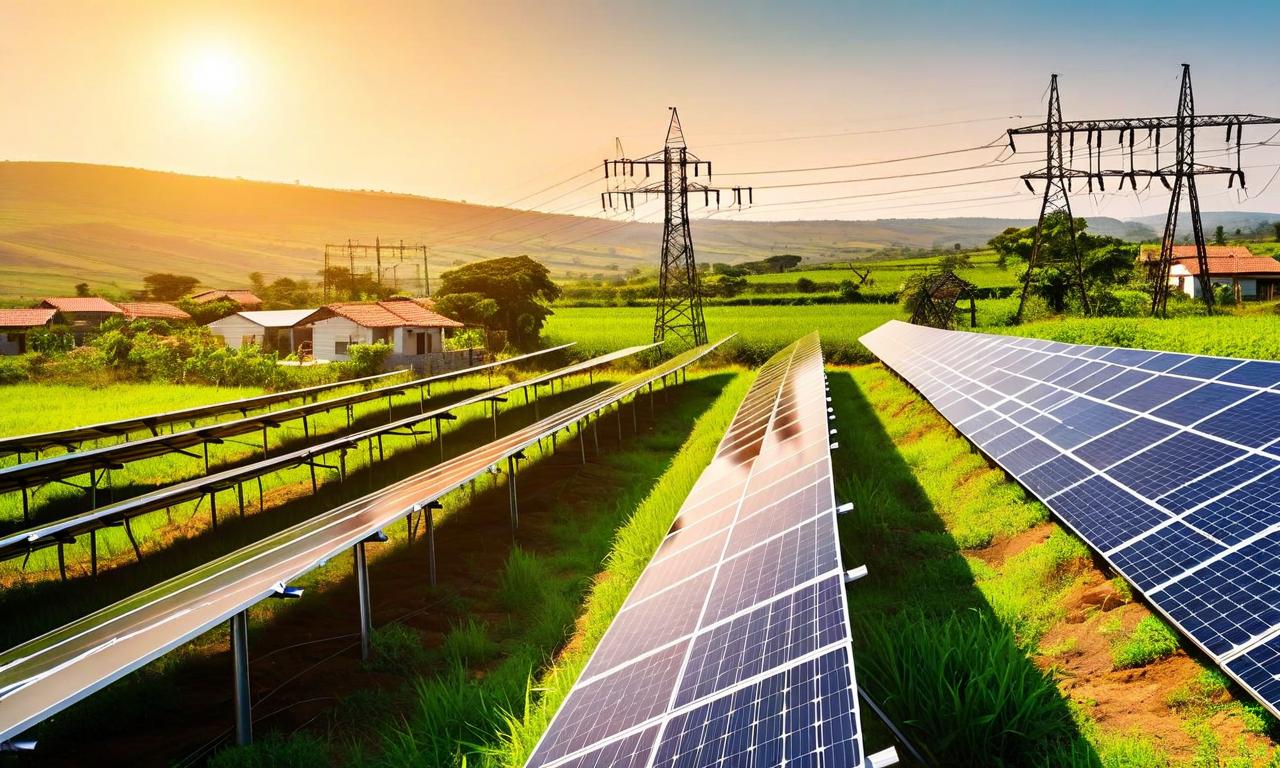European Parliament Pushes for Rapid Reduction of Russian Energy Imports
The European Parliament has urged for a faster reduction of Russian oil and gas imports, signaling the EU's determination to decrease its reliance on Russian energy. This move could lead to diversification of energy sources, accelerated transition to renewables, and potential economic impacts. Implementation would require coordination with other EU institutions and member states.

*this image is generated using AI for illustrative purposes only.
The European Parliament has taken a bold stance on energy policy, calling for an accelerated phase-out of Russian oil and gas imports. This move signals a growing determination within the European Union to reduce its dependency on Russian energy resources.
Urgent Call for Energy Independence
The legislative body is advocating for a faster timeline to decrease the EU's reliance on Russian energy. This push comes amidst ongoing geopolitical tensions and concerns about energy security within the bloc.
Implications for EU Energy Policy
This call from the European Parliament could have significant implications for the EU's energy strategy:
- Diversification of Energy Sources: The EU may need to rapidly explore and invest in alternative energy sources.
- Renewable Energy Push: This could accelerate the transition to renewable energy across member states.
- Economic Considerations: The move might impact energy prices and economic relationships with Russia.
Next Steps
While the European Parliament's call is influential, implementing such changes would require coordination with other EU institutions and member states. The coming weeks may see intense discussions on how to practically achieve this accelerated phase-out while maintaining energy stability across the Union.
As this situation develops, it will be crucial to monitor how EU member states respond to this call and what concrete steps are taken towards reducing dependency on Russian energy imports.
























